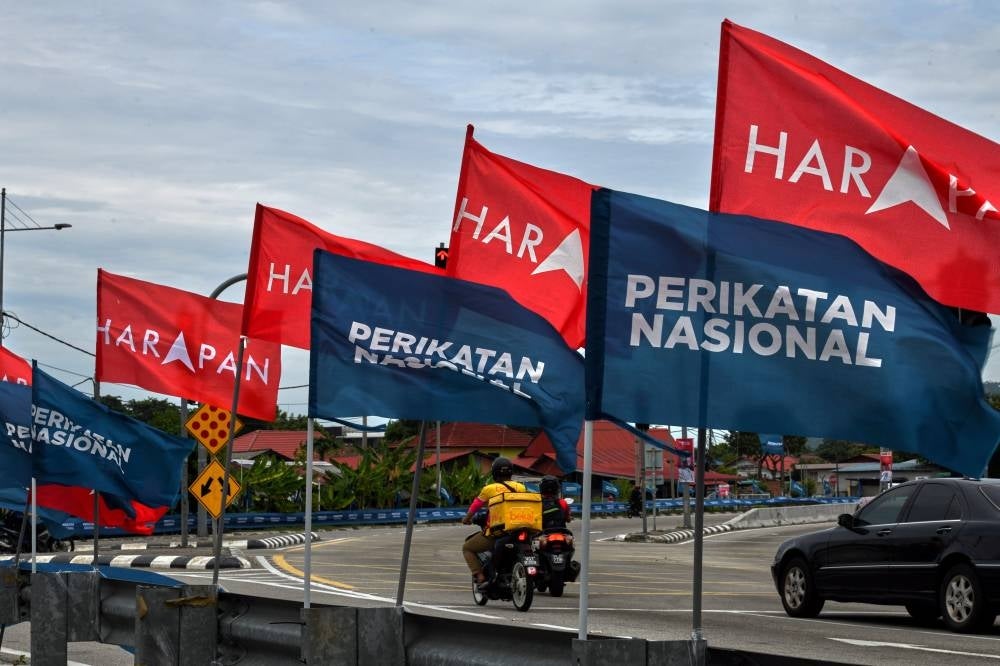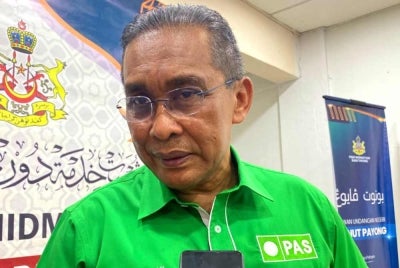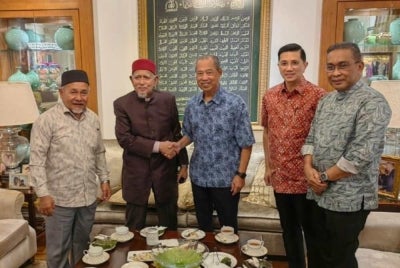State polls: Victory not determined by manifestos

The state elections campaigns have become more intensed as the Pakatan Harapan (PH) - Barisan Nasional (BN) coalition and their rival, Perikatan Nasional (PN), have now launched their manifestos or promises to win the hearts of 9.7 million voters in six states: Selangor, Negeri Sembilan, Penang, Kedah, Kelantan, and Terengganu.
However, the stigma and fear associated with the phrase 'manifesto is not a sacred scripture' may lead the majority of voters to prefer voting based on political parties or the personalities of the candidates, rather than relying on the promises presented by the PH-BN or PN coalition.
Professor Wong Chin Huat, the deputy head (strategy) of the United Nations Sustainable Development Solutions Network Asia Headquarters, Sunway University said although the manifesto is not a sacred scripture, the PH-BN and PN coalitions should provide concrete explanations to the people about the programmes, policies, and strategies they intend to implement if they are chosen to govern the states after the upcoming state elections.
Wong explained that the success of these manifestos in winning the hearts of the people, especially fence-sitters and young voters, depends on how they are explained through speeches and campaign programmes, including on social media.
He emphasised that if the manifestos end up being mere documents and political speeches remain focused on attacking the opposing side, the promises presented will be nothing more than just writings.
Therefore, without in-depth debates between the leaders of both coalitions regarding the manifestos they intend to implement if elected to govern, voters are more likely to vote based on party logos and candidate personalities.
When asked about whether the manifestos of PH-BN or PN can influence the 9.7 million voters, including 3.7 million in Selangor; 1.5 million in Kedah, 1.41 million in Kelantan, 1.2 million in Penang, 0.93 million in Terengganu and 0.86 million in Negeri Sembilan, Wong said the success depends on how effectively parties present and explain their manifestos during the campaign.
For instance, PH-BN in Selangor announced 53 promises through their manifesto 'Tawaran Kita Selangor: 5 Tekad Untuk 5 Tahun,' which includes economic development, education, high-income job opportunities, religion and efficient government services, all aimed at winning the hearts of Selangor voters in the upcoming state polls on Aug 12.
Among the promises that PN might offer to the people of Selangor is to reinstate the scheme of providing free water, in addition to providing direct assistance to the less privileged groups, including the poor and hardcore poor.
As for Kedah PN, they presented 17 promises, including creating 100,000 competitive job opportunities over 30 years through investments and high-impact projects such as the Kedah Rubber City, Kedah Aerotropolis, and Kulim High-Tech Park (KHTP).
They also aim to build and provide affordable and low-cost housing through government and private initiatives, targeting 15,000 homes by 2030 for first-time homebuyers.
According to political analyst Professor Dr Nur Azuki Yusuff from Universiti Malaysia Kelantan, the majority of the 1.4 million Kelantan voters may not consider or care about the contents of the manifestos presented by PH-BN or PN when voting on Aug 12.
Instead, many Kelantanese voters tend to vote based on party symbols rather than manifestos or the candidates nominated for specific State Legislative Assembly seats.
Nur Azuki predicts that there will not be a 'tsunami' or significant sabotage against PN candidates by supporters of other parties, even though some former representatives expressed disappointment for not being re-nominated by Pas this time around.
This is because most Kelantanese voters see the strength of Pas as the main determinant of victory, rather than manifesto promises or candidates. The educated or university graduates may take the manifestos into consideration when deciding to vote for either PN or the PH-BN coalition in the state elections.
Nur Azuki further said that the rebranding of Air Kelantan Sdn Bhd (AKSB) by PN may not have a significant impact on voters support in Kelantan during the state elections.
He believes that the issue of restructuring AKSB is not a major concern for the voters since it is only now that the leaders are discussing it.
It has not been a priority for them at the beginning. However, if the issue were combined with the additional allocation of RM500 million promised by the federal government to address clean water issues in Kelantan, it could become a significant factor.
Hence, Nur Azuki predicts PN and Pas to have no major problems maintaining their status quo as the ruling coalition in Kelantan during the state elections, even with the combined forces of PH-BN.
Additionally, based on his observations, he believes PN, particularly Pas, is expected to win easily in over 20 state seats they currently hold and will compete fiercely in 16 other seats against BN and PH.
Download Sinar Daily application.Click Here!














